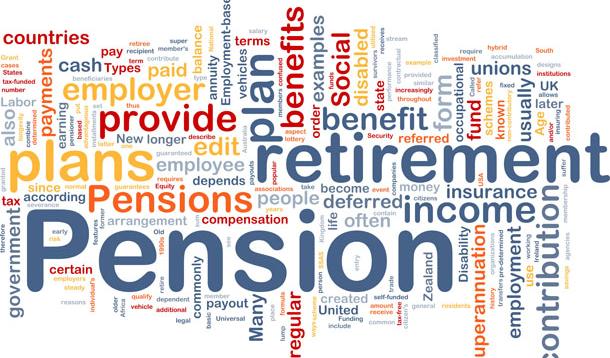If you want the expat experience of living and working abroad but want to go home to Britain after your stint, you should consider how to invest any extra salary for your retirement.
It’s likely that you will remain tax resident if you decide to move overseas for a limited time but keep your home and family in the UK.
If that’s the case, you get a double bonus – all the advantages of the expat lifestyle plus all the pension tax breaks offered to savers in the UK.
SIPPs – a self-invested personal pension -are the mainstay of UK tax resident expat pensions.
A SIPP works the same way as any other pension with a twist – instead of the provider managing the investments, you can take the job on yourself.
Gateway to investing
Retirement savers with a SIPP are subject to the same rules as any other pension saver and they qualify for the same tax relief on contributions and fund growth. Most SIPPs will also come with access to pension freedoms at the age of 55.
SIPPs are a gateway to many other types of investments. Instead of just stocks, shares and cash, SIPPS can hold bonds, property and even gold.
The available investments in each SIPP vary between providers and if you have some specifics in mind, you might want the help of a financial adviser to help you choose a pension that matches your goals.
A myth is SIPPs are more suited to retirement savers with pension pots of £100,000 or more. Ignore this – SIPPs are suited to funds of any size, but the deciding factor of if you want one can be provider and fund charges.
Management charges are not the same for each provider and are normally charged as a percentage of the fund with no cap.
The same goes for your financial adviser and fund managers.
You will pay for every service within a SIPP that you use and over the years, these costs can stack up to a hefty sum.
What is a lifetime ISA?
Lifetime ISAS are not a replacement for a pension, but a useful add-on because the government tops up the £4,000 a year savings limit. Because the product is an ISA, any savings are in addition to rather than part of the annual allowance and lifetime allowance that govern how much money can go into a pension.
But the savings do count towards the £20,000 a year ISA limit.
Unless you are buying your first home, aged 60 or over or terminally ill and expecting to die within 12 months, any drawings from the ISA are taxed at 25% of their value – so cashing in £5,000 of savings comes with a £1,000 tax bill.
Note, the tax benefits of a SIPP or lifetime ISA evaporate if you are a non-UK tax resident.
